12 Best Digital Marketing Tools in 2025 to Supercharge Your Online Strategy
Digital marketing never really stands still. One moment, it’s all about email automation; next, people are talking about AI-driven content or zero-click searches. However, the need for tools that make your life easier never changes. That’s why we’ve rounded up some of the most effective digital marketing tools in 2025—not just the ones that look shiny, but the ones that actually help you get things done. You’ll find tools here for managing campaigns, analyzing performance, automating tasks, and even keeping your team on the same page.
Let’s take a closer look at the tools marketers are reaching for this year.
The 10+ Best Digital Marketing Tools in 2025
Surfer SEO – For Writers Who Need Data, Not Guesses
Writers often rely on intuition, but content that ranks doesn’t care about how you feel—it cares about structure, keyword placement, and page intent. That’s where Surfer SEO comes in. It helps you shape content around what’s already working, so you’re not writing in the dark. It suggests the word count, keywords, and even how your headings should flow based on what’s ranking. If you’re writing blog posts or landing pages, it’s basically the blueprint you didn’t know you needed.
Semrush – Because Spying on Competitors Is Just Smart
Why guess what keywords to go after when you can peek into what’s working for your competitors? Semrush provides detailed data on where your competition is ranking, how much they’re spending on ads, and which keywords are bringing them traffic. It’s one of those tools that covers a lot—SEO, paid ads, content, and even social media. Most people keep coming back to it for keyword research and tracking, and it still excels in both areas.
Notion – When Sticky Notes Just Don’t Cut It Anymore
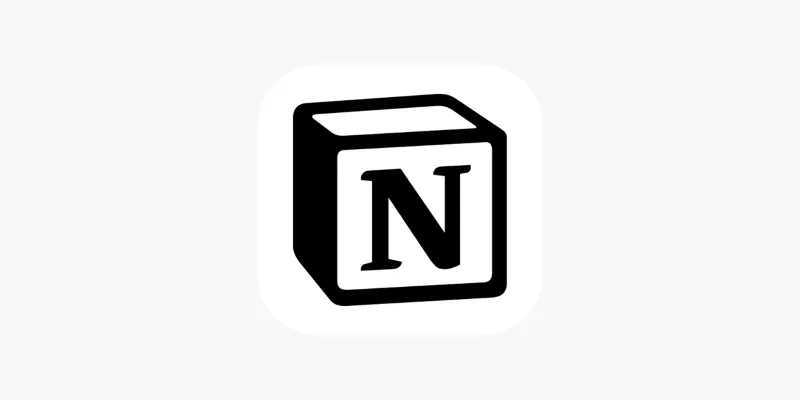
If your team’s juggling blog calendars, client briefs, and to-do lists across seven different tools, you’ll probably appreciate Notion. It’s one of those rare apps that actually adapts to how you work. You can build out databases for content planning, link them with keyword research, assign tasks, and track deadlines. It’s flexible without being chaotic, and once you get the hang of it, you might find yourself organizing your whole life with it.
ChatGPT – For When the Blank Page Feels Personal
Every marketer has stared at a blinking cursor with nothing to say. ChatGPT helps with that. In 2025, it’s become more than just a chatbot—it’s now a writing assistant, research buddy, and brainstorming partner. You can use it to outline posts, come up with ad headlines, or even tighten up email copy. It’s not perfect, but it’s fast, and sometimes, that’s all you need to break out of a creative rut.
Canva Pro – Still a Favorite, Still Worth It
Quick banners, YouTube thumbnails, Instagram stories—Canva made them all easier. The Pro version is worth the upgrade if you work with branding because you can save fonts, colors, and templates in one place. In 2025, they’ve added more animation options and AI-powered tools that can resize designs or remove backgrounds instantly. It’s not going to replace a designer, but it’ll definitely save them time (and save you money).
Google Analytics 4 – Not Pretty, But Necessary
GA4 has been around for a while now, and in 2025, marketers are finally starting to get used to it. It’s less intuitive than Universal Analytics, but it gives you more control over how you track user behavior. The interface isn’t winning any design awards, but the event-based model provides clearer insights into how people interact with your site. It’s especially useful if you’re tracking actions beyond just pageviews—like clicks, scrolls, or purchases.
MailerLite – Email Marketing Without the Bulk
Not everyone needs enterprise-level email automation. Sometimes, you just need to send good-looking emails that people actually open. MailerLite does that without making you feel like you’re navigating a software maze. The drag-and- drop editor is clean, the automation tools are simple to set up, and the deliverability rates are solid. If you’re running a small business or newsletter, this is one of the easier options out there.
ClickUp – If You’re Tired of Saying “Who Was Supposed to Do That?”
Projects fall apart when nobody knows what’s happening. ClickUp makes it easier to assign, track, and follow through. Unlike tools that only do task lists or timelines, ClickUp combines them—so your marketing team can see who’s doing what, when it’s due, and how it connects to everything else. It’s also good for keeping content production, social media, and client requests from turning into a giant mess.
Metricool – For Social Media, You Can Actually Track
Posting on social media without tracking it is like throwing flyers into the wind. Metricool helps you see what’s working, schedule posts, and report results across multiple platforms—from Instagram and LinkedIn to TikTok and Google Business. The interface is smooth, and reports are easy to export for clients or internal check-ins. It doesn’t try to do too much, but what it does do, it handles well.
Hotjar – Because Numbers Don’t Show Frustration
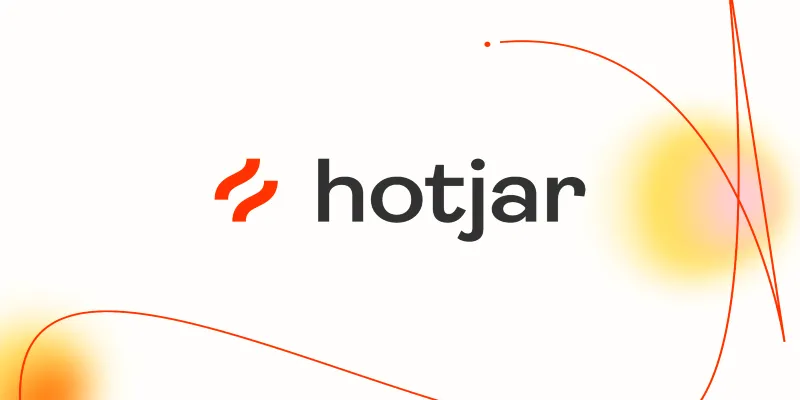
Google Analytics can show you the what, but Hotjar shows you the why. Heatmaps, session recordings, and on-site surveys help you understand how people actually use your site. Are they clicking where they shouldn’t? Are they ignoring your call to action? Hotjar lets you see it happen. Once you do, those little tweaks to the layout or copy will make more sense. It’s one of those tools you don’t need every day—but when you do, it’s worth it.
Buffer – Simple Scheduling That Still Works
Sometimes, the most useful tools are the ones that don’t overcomplicate things. Buffer is still a solid pick in 2025 for scheduling posts, especially if you’re managing a few accounts and just want something lightweight. The analytics aren’t as deep as other platforms, but it gets the job done. When it comes to consistency, a tool that works without fuss is better than one that’s packed with features you never use.
Clearscope – When Content Needs to Compete
Clearscope works a bit like Surfer SEO but focuses even more on content optimization. It scores your content based on keyword usage, readability, and competitive benchmarks. If your blog strategy involves writing to rank, this tool ensures you’re not just publishing words—you’re publishing something that’s actually set up to win in search.
Final Word
You don’t need to chase every trend to stay relevant. What you do need are a few reliable tools that fit your style, work with your team, and don’t make simple things harder. Whether you’re writing blog posts, running paid ads, or managing content calendars, these tools can help you focus more on strategy—and less on clicking through tabs and wondering where that file went.
Use what helps. Skip what doesn’t. That’s pretty much the only rule.
Related Articles

The 12 Best Digital Marketing Tools in 2025 to Amplify Your Strategy

Exploring Passkeys: How They Work and Their Advantages

The 10 Best Email Drip Campaign Software in 2025 to Automate Your Outreach

The 10 Best Campaign Management Software Tools in 2025 for Effortless Marketing Success

Discover the Best AI Art Generators of 2025

The Best DocuSign Alternatives in 2025 for Simple, Secure E-Signatures

The 8 Best Sitemap Generator Tools for 2025: An Ultimate Guide

Streamline Your Email Campaigns: The 7 Best Cold Email Software Options

The Tool Debate: Browser-Based or Installed

20+ Best Digital Marketing Tools

Top FTP Software for Mac Users: Free and Reliable Options

How to Repair DLL Errors on Windows 10 for Free: 5 Tools
Popular Articles
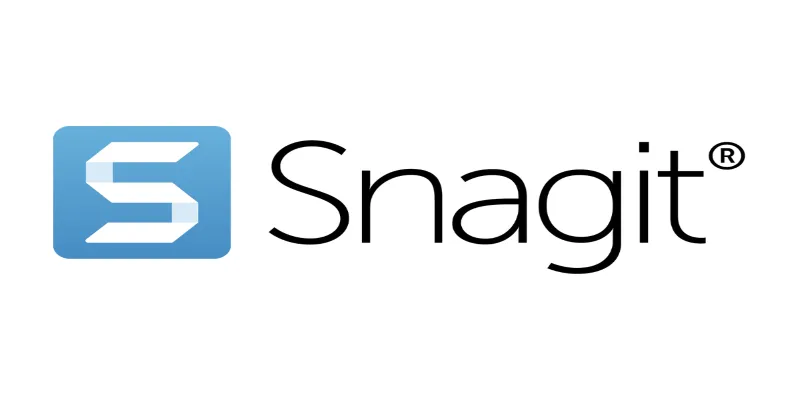
7 Screen Capture Tools to Use Instead of Snagit

The Best Flowchart Software and Diagram Tools in 2025: A Comprehensive Guide

10 Best Survey Apps You Need To Try in 2025

How to Download Stream and Convert M3U8 Playlists Easily

Best Calendar Apps for Windows to Boost Productivity: Stay Organized in 2025

Best Vlog Editors for Every Device: 8 Tools You Should Try

Whitelisting Guide: Allow Safe Websites Blocked by Antivirus

Top Robot Simulators for 2025 Development and Testing

Is TunesBro HEIC Converter Worth It? A Comprehensive Analysis
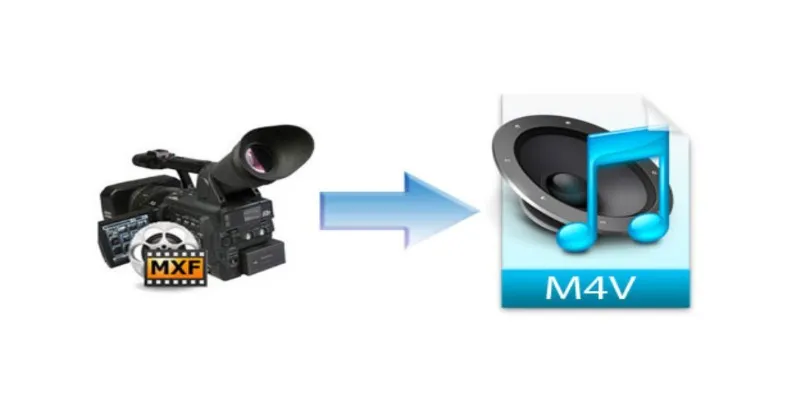
How to Convert MXF Files to M4V Format without Losing Quality

How to Convert H.264 to WMV on Windows/Mac with Original Quality
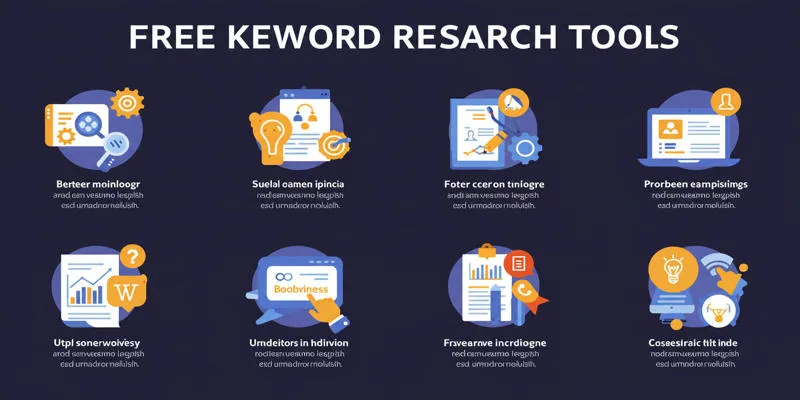
 mww2
mww2